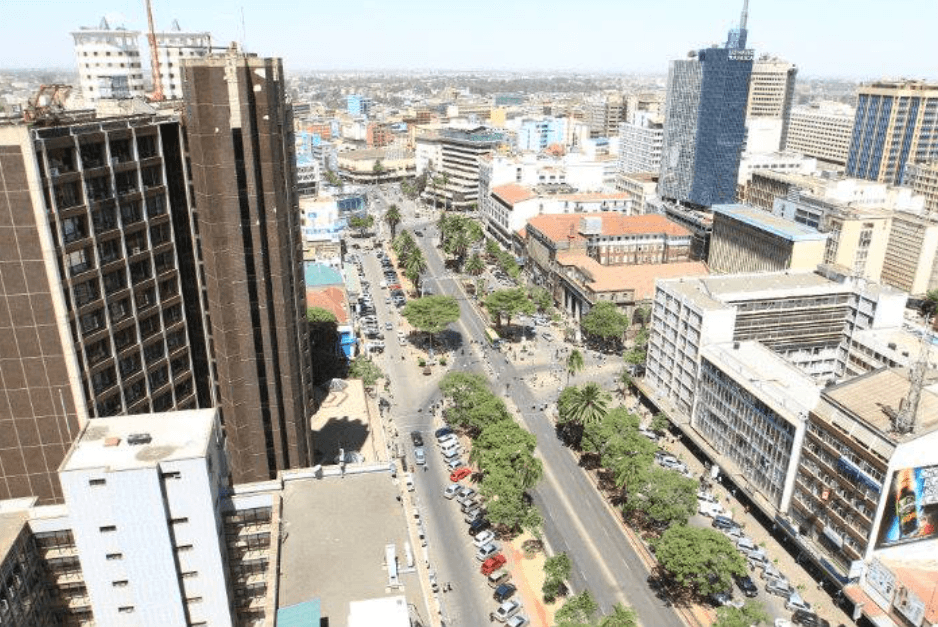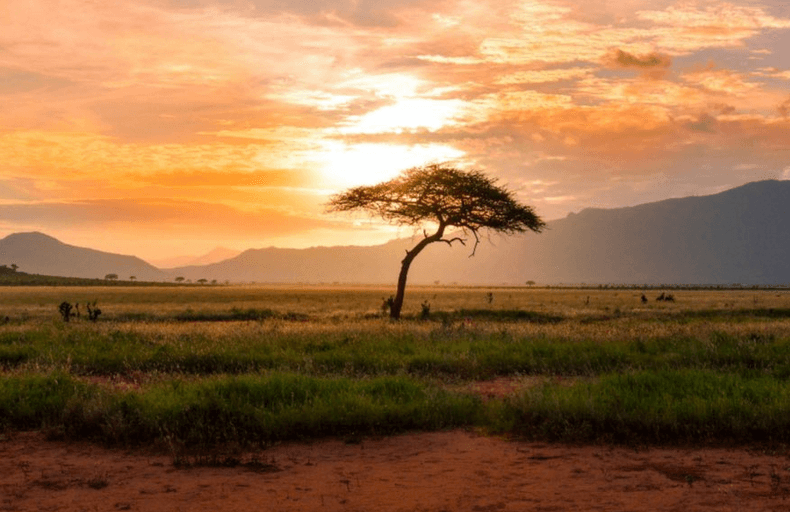Loggers and charcoal burners are destroying acacia trees and other indigenous species in Lake Kapnarok National Game Reserve in Baringo county.
The Kenya Wildlife Service has expressed concern over the invasion that is rapidly depleting forest cover.
Area deputy KWS warden David Cheruiyot said criminals are using chainsaws and axes. He said they have almost wiped out all age-old acacia trees.
The trees are critical sources of pods eaten by animals especially goats, sheep and cows during dry season.
Cheruiyot said that the worst-affected section of forest is Turuturu where the poachers also cut acacias for fence poles, firewood, timber and droppers.
He called the crime prodigious and unprecedented.
He regretted that security personnel, especially the recently recruited community scouts, have been unable to nab the criminals.
He attributed the problem to the uncooperative nature of the surrounding community That fails to disclose those sneaking into the game reserve at night.
Cheruiyot said the service has deployed a team of guards to catch the criminals who have seriously damaged the fragile ecosystem.
"We have a team on the ground addressing the issue and we are hopeful that it is going to end," Cheruiyot said.
He said local scouts have firm instructions to intensify patrols within the unfenced reserve and arrest those engaged in illegal logging.
The forest is a major wildlife habitat populated by hundreds of elephants, antelopes, dik diks, gazelles, warthogs, impalas, wild pigs and thousands of white crocodiles in dying Lake Kapnarok, which is choked by water hyacinths and reeds.
He urged residents and national administration officials to help KWS protect the reserve by reporting anyone involved in destruction, instead of obstructing justice and aiding criminals.
Cheruiyot said KWS and government agencies were planting trees in sections of the game reserve depleted by loggers.
This year alone, KWS planted more than 3,000 trees, but most seedlings have been eaten by livestock.
Lake Kapnarok, gazetted as a national game reserve together with adjacent Rimoi in Elgeyo Marakwet county, has faced many conservation problems.
The reason is that it is not fenced following spirited resistance from the residents who said they were not consulted prior to the gazettement.
National Environmental Management Authority laws state that once an area has been gazetted, it is no longer available for people to occupy or use for any illegal activities.
The Nema Act also prohibits people from encroaching on gazetted wetlands of any nature through cutting down trees or burning charcoal.
Lake Kapnarok covers about 21,572 acres (87.3 square kilometres). It has diminished greatly due to rampant human activities such as illegal logging and haphazard cultivation upstream.
(Edited by V. Graham)















